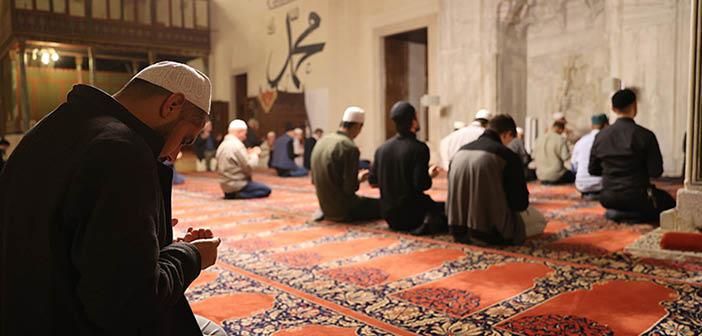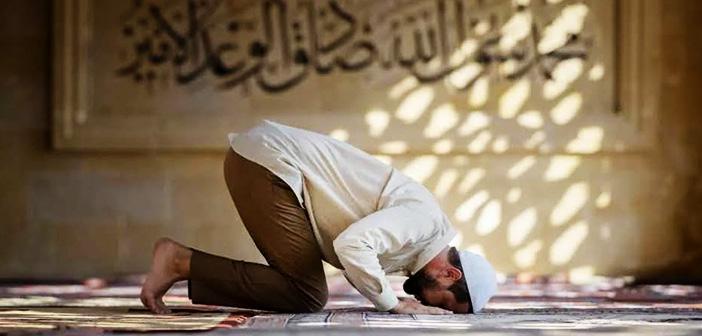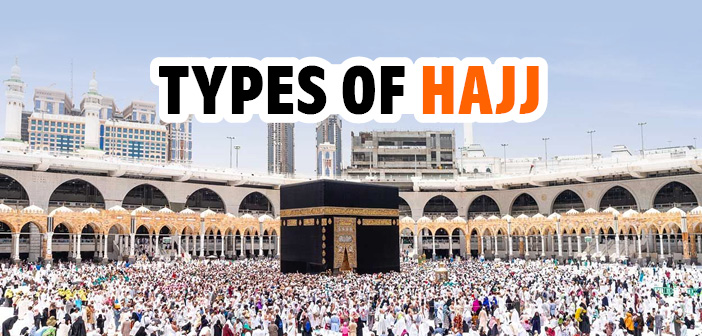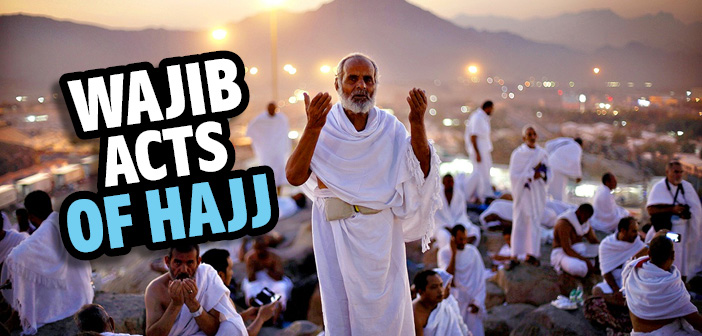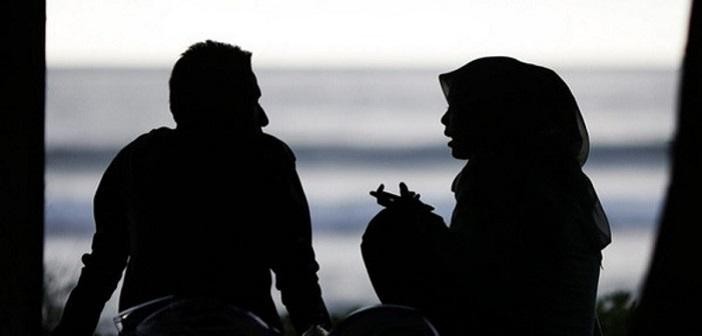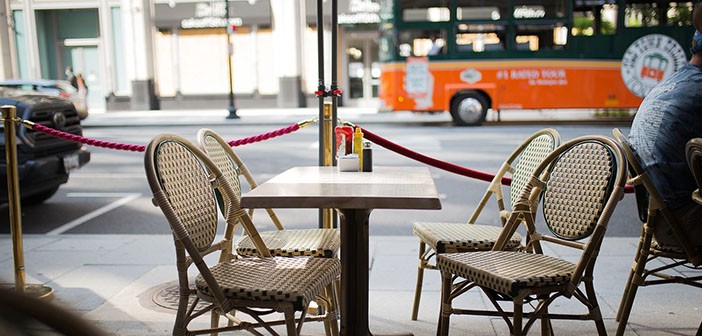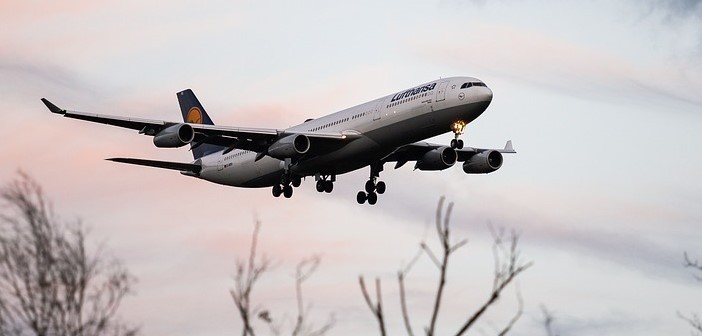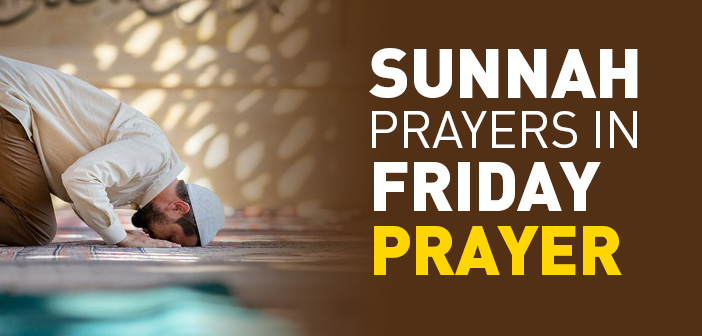
Sunnah Prayers in Friday Prayer
What are the sunnah of friday prayer? What is the sunnah prayer in islam? How many rakats are in jummah sunnah?
As in the noon prayer, the four-cycle supererogatory prayers are performed before and after the Friday prayer. The first four cycles are performed exactly like the sunnah of the noon prayer and it is intended as “the first sunnah cycles of the Friday prayer”. After the internal call to prayer and the sermon in the mosque, the iqāmah is recited and the two farḍ cycles of the Friday are performed in the congregation. After these farḍ cycles, like the first four-cycle sunnah, the last four-cycle sunnah of the Friday prayer is performed. After that, the four-cycle “ẓuḥr al-akhir” prayer, which we have explained above, is performed. After that, two more cycles of prayer are performed. It is performed just like the sunnah cycles of the dawn prayer, with the intention of “sunnah cycles of the time”.
The evidence on which these supererogatory prayers are based is as follows:
According to the narration from Abdullah Ibn Abbas (ra), he said: “The Prophet (saw) would pray four cycles before the Friday prayer and four cycles after the Friday prayer, and he would not separate the cycles.”[1] According to what the community apart from Bukhari, narrated from Abu Hurayra, the Prophet (saw) said: “When one of you performs the Friday prayer, he should perform four cycles after that.”[2]
The minimum of the prayer performed after the Friday prayer is two cycles. It is reported that Abdullah ibn Umar (ra) saw a person who was praying two cycles at the place where Friday prayer was being held, and asked, “Are you performing the Friday prayer as four cycles?” This is because Ibn Umar used to pray two cycles in his house after the Friday prayer and he related that the Messenger of Allah (saw) did the same.[3] However, in certain versions of Ibn Umar’s narrations, it is not mentioned where the Prophet performed these two-cycle supererogatory prayers which he performed after the Friday prayer.[4] On the other hand, there is a piece of advice offered in fiqh that the time between the farḍ cycles of the Friday prayer and these two-cycle supererogatory prayers should not be separated by an action such as speaking or leaving the mosque.[5] Perhaps this can be explained by the fact that the Prophet and Ibn Umar performed this prayer at home.
[1] Ibn Maja, ‘Iqāmah, 94, Hadith No: 1129; al-Zaylaī, Naṣb II, 206. The four narrators in the chain of narrators of this hadith are weak, and the hadith is seriously weak. See al-Zuhaylī, ibid, II, 305.
[2] Muslim, Jumʿa, 67-69; Abū Dawūd, Ṣalāh, 237; al-Tirmidhī, Jumʿa, 24; Al-Nasā’ī, Jumʿa, 42; Ibn Maja, ‘Iqāmah, 95, Hadith No: 1132.
[3] Abū Dawūd, Ṣalāh, 236-238, Hadith No: 1127, 1128; Ibn Maja, ‘Iqāmah, 95, Hadith No: 1130, 1131.
[4] Muslim, Jumʿa, 72; Al-Bukhari, Jumʿa, 39; al-Tirmidhī, Jumʿa, 24. About the separation of the fard cycles of the Friday prayer and these two-cycle supererogatory prayers with an action such as talking and leaving the mosque see Muslim, Jumʿa, 70, 71, 73.
[5] Muslim, Jumʿa, 70, 71, 73.
Source: Basic Islamic Principles (ilmiḥal) According to the Four Sunni Schools With Evidence From The Sources of Islamic Law, Prof. Hamdi Döndüren, Erkam Publications


